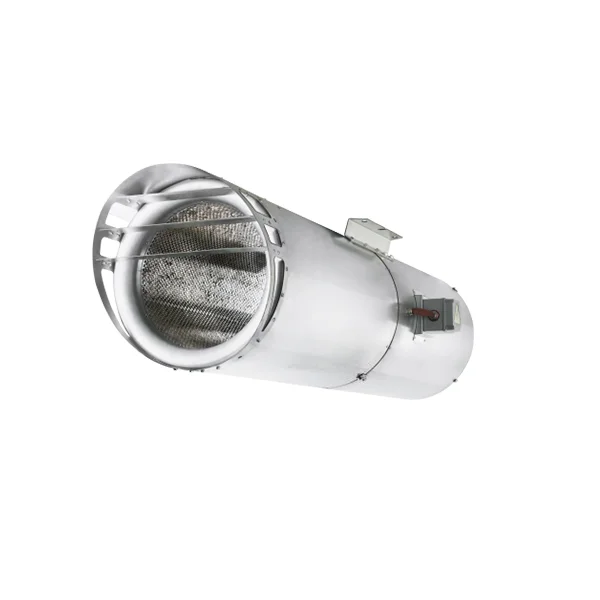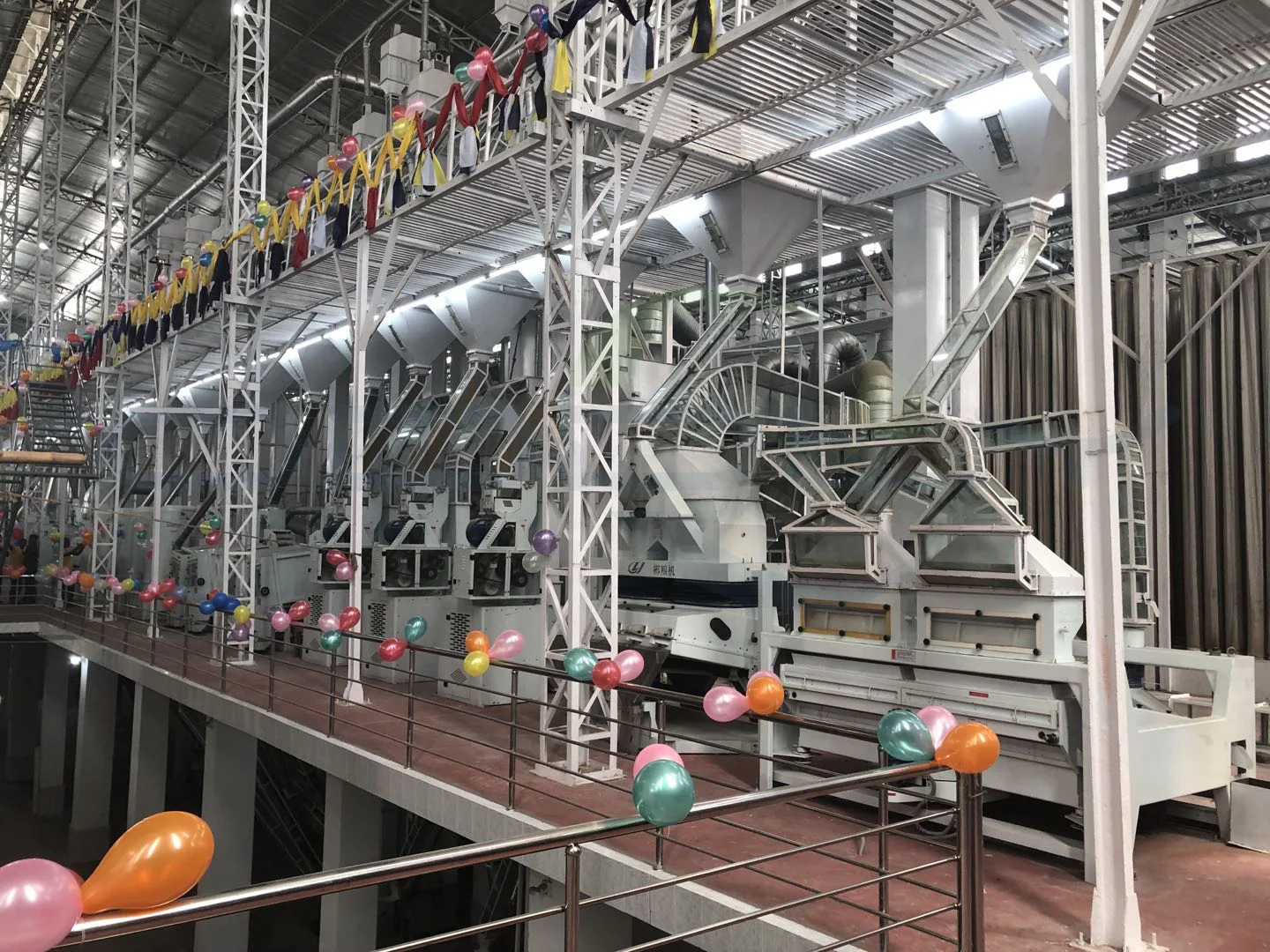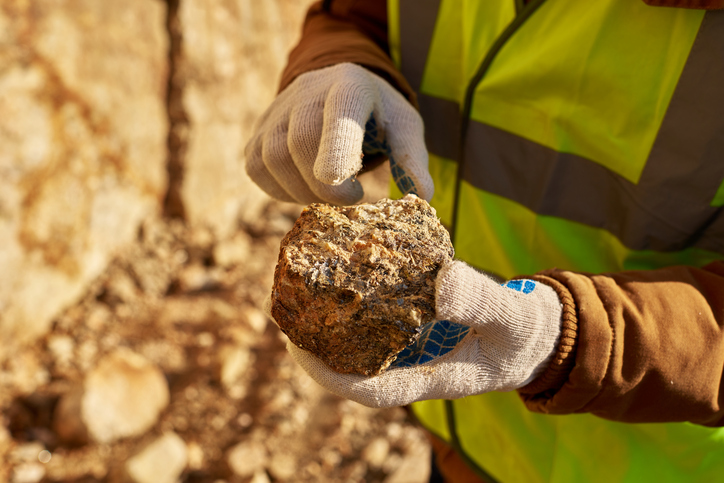In recent years, concerns about global warming and its detrimental effects on the planet have become increasingly prevalent. While various factors contribute to this phenomenon, one industry that often comes under scrutiny is mining. This blog post aims to delve into the complex relationship between mining activities and global warming, exploring the environmental impact and shedding light on the subject from multiple perspectives.
- The Carbon Footprint of Mining:
Mining operations, particularly those involving fossil fuels and minerals extraction, contribute significantly to greenhouse gas emissions. The extraction process, transportation, and energy-intensive machinery all contribute to the carbon footprint of mining. The burning of fossil fuels for energy, such as coal, further exacerbates the problem. These emissions, primarily carbon dioxide (CO2), trap heat in the atmosphere, leading to global warming. - Deforestation and Land Degradation:
Mining often requires clearing vast areas of land, leading to deforestation and habitat destruction. Trees play a crucial role in absorbing CO2 and releasing oxygen through photosynthesis. The loss of forests reduces the planet's capacity to mitigate global warming. Additionally, mining activities can cause soil erosion, altering ecosystems and releasing stored carbon into the atmosphere. - Methane Emissions from Mining:
Apart from CO2 emissions, mining operations can also release methane (CH4), another potent greenhouse gas. Methane is often trapped in underground coal seams and released during mining activities. Methane has a significantly higher warming potential than CO2, making it a significant contributor to global warming. Effective methane capture and utilization technologies are crucial in mitigating this impact. - Energy Efficiency and Renewable Solutions:
To address the environmental impact of mining on global warming, the industry must prioritize energy efficiency and transition towards renewable energy sources. Implementing advanced technologies, such as autonomous vehicles and electrification of mining equipment, can reduce carbon emissions. Additionally, investing in renewable energy infrastructure, such as solar or wind power, can help offset the energy demands of mining operations. - Responsible Mining Practices:
Adopting responsible mining practices is essential in minimizing the environmental impact on global warming. This includes proper waste management, reclamation of mined areas, and reducing the use of harmful chemicals. Implementing stringent regulations and monitoring systems can ensure that mining activities are conducted in an environmentally sustainable manner.
Conclusion:
Mining undoubtedly has a significant impact on global warming, primarily through its carbon emissions, deforestation, and methane release. However, by embracing energy-efficient technologies, transitioning to renewable energy sources, and adopting responsible mining practices, the industry can mitigate its environmental footprint. Balancing the demand for essential resources with sustainable practices is crucial in addressing the challenges posed by mining and global warming.











+ There are no comments
Add yours